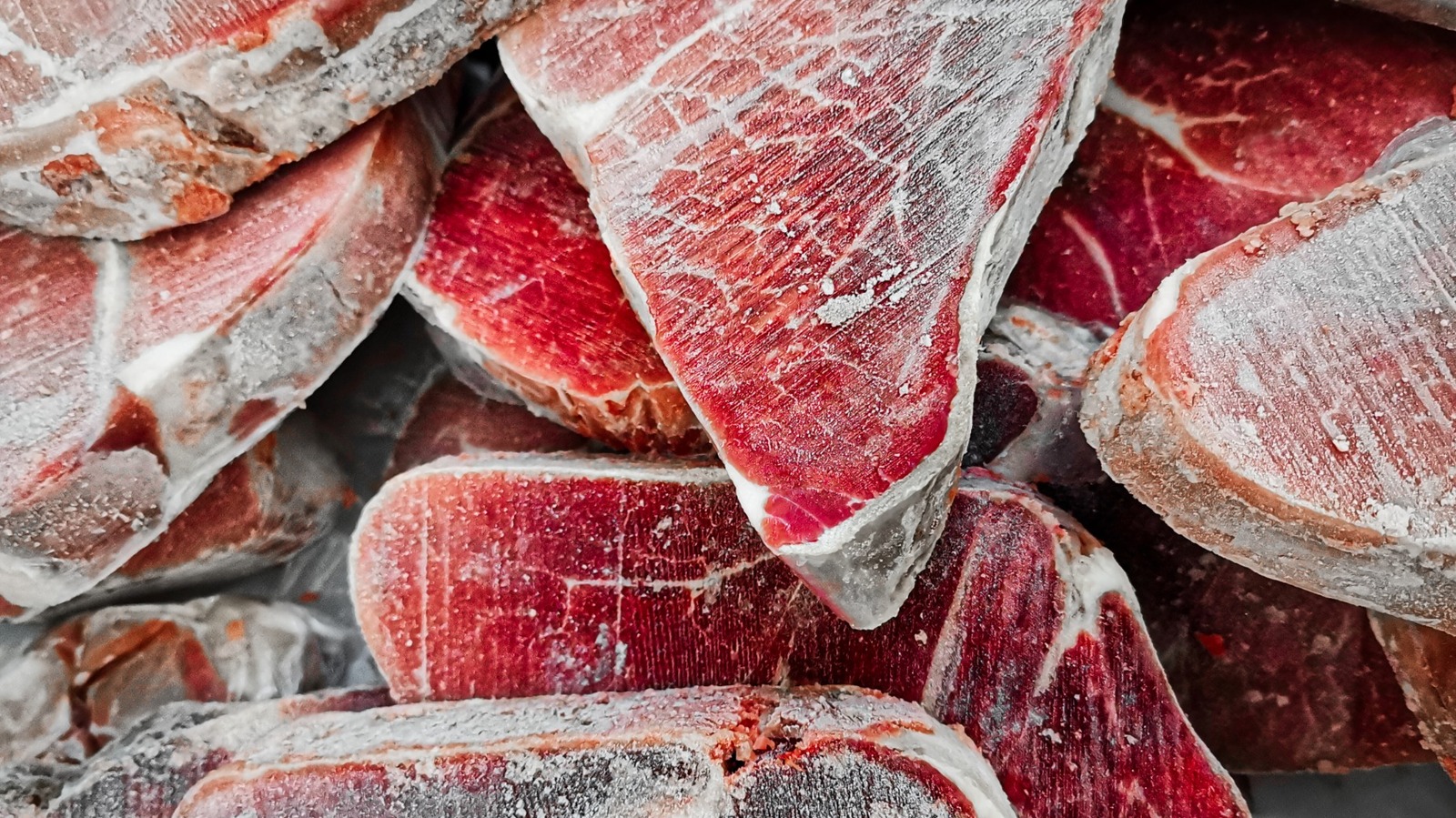
"You might think that if your beef is nearing its use-by date, freezing it will reset the clock, giving you a few more days once it's thawed. But it doesn't exactly work that way. When it comes to beef, if you don't plan to use it right away, it's best to freeze it early before that expiration date hits. The clock does not reset, even with freezing."
"Unlike cooking, freezing doesn't kill the bacteria that has formed on your meat - it just pauses, or slows, the growth. If you freeze the meat on its best-before date and thaw it a week later, it will still be at the same point in its shelf life as when you froze it. You'll need to use it right away, as there's no grace period just because the meat was frozen."
"The bacteria that forms on aging meat isn't the same as harmful pathogens like salmonella or E. coli, though those may also be present. This is just the natural bacteria that forms as a result of meat spoiling over time. It causes the meat to become slimy, smell bad, and develop a sour taste that could upset your stomach or cause serious digestive issues."
The average U.S. consumer loses $728 per year to food waste, and USDA data indicates many consumers do not follow proper meat-handling practices. Freezing meat pauses or slows bacterial growth but does not kill bacteria, so freezing does not reset an item’s expiration. Meat should be frozen before reaching its use-by date to preserve remaining shelf life. Freezing on the best-before date and thawing later leaves the product at the same spoilage point and requires immediate use. Natural spoilage bacteria cause sliminess, bad odors, and sour taste and can lead to stomach upset; pathogens like salmonella or E. coli may also be present.
Read at Tasting Table
Unable to calculate read time
Collection
[
|
...
]